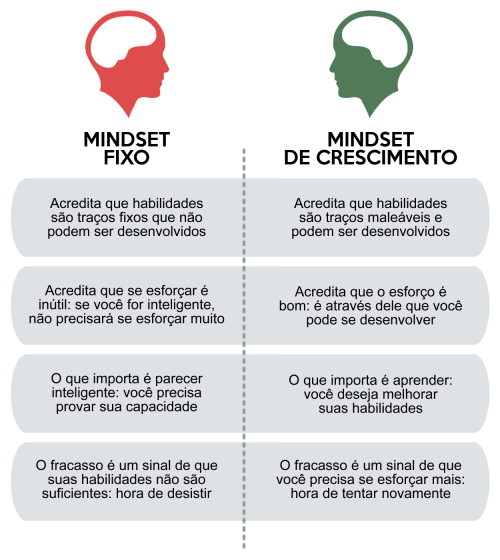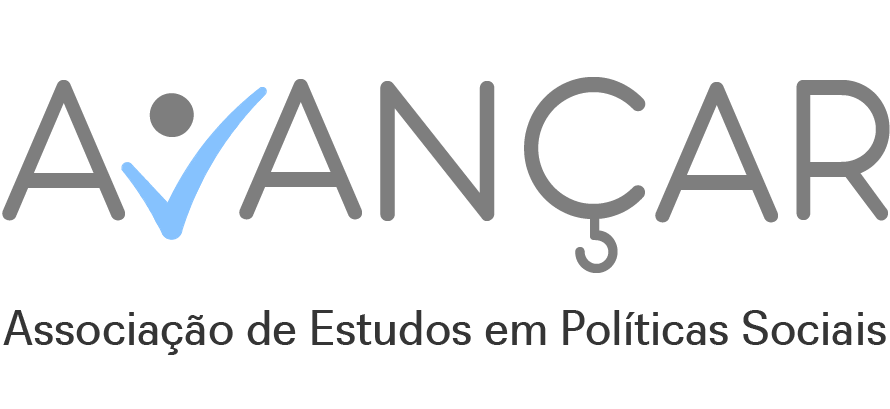mindset & expectations
Inside a classroom we find students and teachers with different skills and talents: between the students, there are the ones who have greater ease in math, languages or even arts or sports; among teachers, the most experienced stand out, or the ones with more specialization levels in his area. Besides that, there are also students and teachers motivated to win challenges faced during the school journey for believing in the power of transformation of the educational process and driven by the will to learn with each other and with their own mistakes.
Central part of teachers and students motivations is explained by the intense and strict relation between these agents, especially because the beliefs and expectations that rule these relations affect both the teachers teaching capacity, and the student learning capacity. The authors of an important experiment realized in the 60's in California named the effect of teachers expectation on the student performance Pygmalion Effect: if the teachers believe that their students have little learning potential, they act accordingly and develop an wicked reinforcement cycle to low learning expectations. The expectation flow between teachers and students influences, in this way, not only the belief a teacher upon his student potential, but also the student belief in himself.


Rua do Professor, 370, apto 193, Ribeirão Preto
© 2019 Neve Agency
